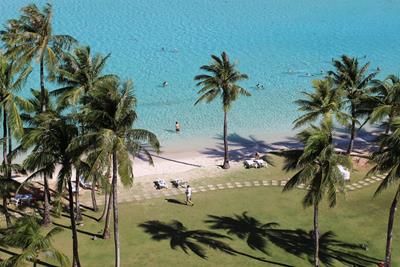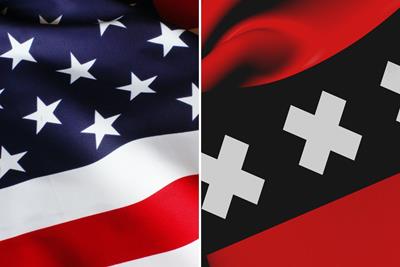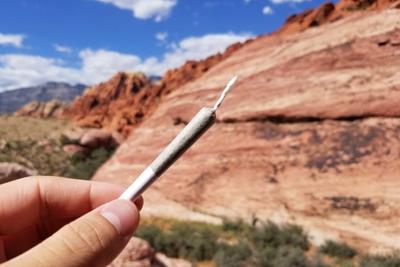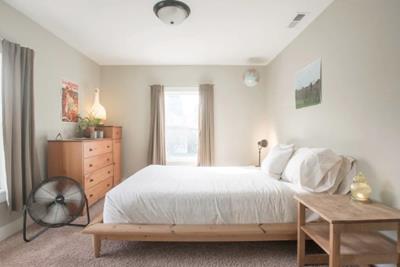
Friday July 20, 2018
By Andrew Ward
 Travel
Travel
Hawaii could soon become the next major medical cannabis destination in the United States. On July 10, 2018, house bill (HB) 2729 was passed, effectively legalizing reciprocity for out-of-state medical marijuana cardholders. Beginning as early as 2019, registered medical marijuana patients with valid, out-of-state medical marijuana cards will be able to legally purchase medical cannabis products in Hawaii. This could significantly boost sales for Hawaii’s emerging medical cannabis market as the state is already a booming tourist destination.
Let’s take a closer look at this innovative legislation and what it could mean for Hawaii’s medical cannabis industry.
Explaining the House Bill 2729
With dispensaries just opening last year after years of roadblocks, and the first just recently opening in Kauai, Hawaii’s medical cannabis market doesn’t always seem as bright and hopeful as the state tends to appear. However, things are certainly looking up for cannabis tourism in The Aloha State.
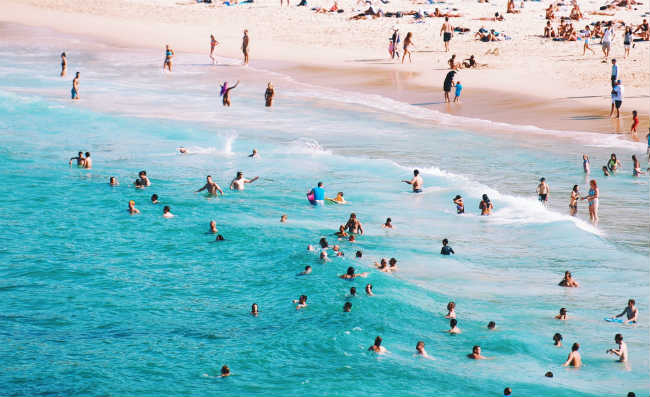
With the passing of Hawaii HB 2729 (beginning in 2019), medical marijuana cardholders from any U.S. state will be able purchase a Hawaii medical cannabis registration card that will allow them to make purchases from licensed Hawaii medical marijuana dispensaries.
The Hawaii medical cannabis registration card will cost $45 and will be valid for 60 days.
The bill also establishes limitations, safeguards and allows patients from around the United States additional access to care that their state may not permit. Additionally, the bill extends written certificates for up to three years for chronic conditions while approving pulmonary administration consumption devices (marijuana oil aerosols), as well as increasing THC limits in certain products. Furthermore, HB 2729 prohibits places of employment from discrimination or taking any punishable actions based solely on medical cannabis use or patient status.
Medical Cannabis Progress in Hawaii
In recent years, Governor Ige has not stood in the path of cannabis legislation. Despite going on record against decriminalization in 2012, before taking office as Governor in 2014, Ige has since voiced support for dispensaries on Hawaii since as early as 2015 and continued the trend by signing HB 2729.

Since assuming the position in 2014, Governor Ige has made incremental steps for medical cannabis each year in office. 2014 began the efforts with the establishment of a two-year pilot program to study industrial hemp as biofuel and for other applications. In 2015, he enacted Act 241, which established a system for the state's dispensaries.
The following year expanded practitioner eligibility, ended Sunday sales prohibition and allowed cross-island transportation of medical cannabis between a dispensary production center and certified laboratory. Most recently in 2017, the Governor expanded patient eligibility for cannabis therapy and granted caregivers the ability to grow medical cannabis. In all, the National Organization for the Reform of Marijuana Laws (NORML) gave Governor Ige a C rating for his cannabis efforts to date.
Roadblocks for HB 2729
Although HB 2729 eventually passed, there was quite a bit of hesitation and opposition throughout the process – most notably from the Hawaii Department of Health. On February 23rd of this year, the state DoH offered its opposition to HB 2729. In its statement, the Department explained that "This system would place dispensaries in a conflict of interest position of self-validating patients to whom they would sell products." They furthered their opposition around three key questions:
Hawaii DoH Concerns:
- Would this bill provide the state’s legal protection for an out-of-state individual to possess and use cannabis
- Do out-of-state individuals have to meet the state definition of qualifying patient including a debilitating medical condition recognized by the state
- Would the reciprocity proposed in this bill require changes to other state statutes?
Additional concerns centered on the limited supply available to in-state patients – with several dispensaries still not open for business in the state. Despite the opposition, the Department did voice its support for the intention of the program with definitions included. However, it clarified that it was opposed to sections which could diminish "the state’s robust regulatory processes, potentially inviting federal law enforcement intervention, and risking access to medical cannabis by Hawaii’s local patients."
The Future of Medical Cannabis in Hawaii
Hawaii's in-state patient enrollment continues to boom, increasing by 33 percent in 2017 alone. With month-over-month growth at around 2 percent, the state is expected to have over 20,000 patients by the start of 2018.
Now halfway through the year, Hawaii could find itself catering to an even wider audience starting in 2019 with the addition of medical cannabis reciprocity. It’s safe to say many eyes will be on Hawaii as they roll out this program but only time will tell its true impact on the state’s emerging cannabis industry and tourism market.
What do you think about Hawaii's new medical marijuana reciprocity program?
Photo Credit: Paul Trienekens (license)




